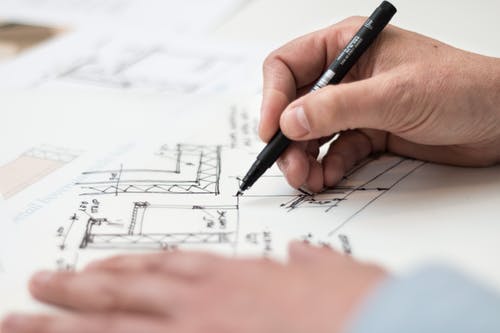
Going through a surgical operation is something that can cause some challenges for us. The difficulty of caring for ourselves could be a task that a lot of individuals are not up to take. This challenge also applies to our pets, so that is why this responsibility falls on us, pet owners.
Does surgery affect your pet’s life?
Surgical treatments are always done as a last option to treat or manage an illness or an injury. The surgical procedure that our pet has undergone could have long-term effects on their quality of life, and these effects are usually unfavorable in nature. These treatments can heal physically, but the trauma that our pets may have could retain.
Surgeries often affect the usual regimen of our pets and their behavior. Their energy could be reduced, as previously observed. Our pets also experience psychological trauma, and we need to act upon this matter to ensure that our pet’s quality of life is improved. You can learn more about pet surgery through a vet’s website and their surgery page.
Consider Boarding
Their environment after surgery is critical in their recovery process. The setting has to be comfortable and quiet where they can recover appropriately and keep stress and anxiety away. Boarding our pets might be the best alternative if you are mainly away for work or have children or other animals in your house. Boarding your pet after surgery ensures a constant physician is nearby when unfavorable effects show up. Pet boarding could be the best option to take after your pet’s surgery.
Manage Their Diet
They might lose appetite after an operation, so keep their meals light and healthy. Our pet’s appetite must be back to normal within 24 hours, but if your pet’s appetite doesn’t improve or return within two days, you must contact the vet or the surgeon to seek advice on what could be done.
Keep Them Comfortable
Getting proper rest for your pet after a surgical procedure is a must. We must keep them in a quiet place, far from other pets or children. We can have our pets wear a collar to stop them from reaching the incision site that they might scratch up. We need to ensure that their cage or spot has adequate space for our pets to move around comfortably.
Never Miss a Follow Up Appointment
Surgeries are intricate procedures that need observation periods by medical professionals at this vet clinic, so not missing out on a medical consultation is very important. The vet usually inspects the healing status of the incision site and any adverse effects that the operation might have. These vet visits are crucial to the complete recovery process our pet needs after the surgery.
Conclusion
Surgical procedures that our pets undergo are usually the last alternative the veterinarian could suggest. These treatments require attention from both the veterinarian and owner in order to ensure that our pet may recuperate quickly. Boarding our pets in a comfortable place may be the best option to ensure our pet is attended to when we are at work or have children to tend to. We should also go to the arranged appointments so that the veterinarian can check the healing status of our pet. Taking care of our pets after a surgical procedure could be challenging, but this is an act we ought to do for our pets.

 Fire and Water Damage Restoration: Essential Steps to Recover Your Property Effectively
Fire and Water Damage Restoration: Essential Steps to Recover Your Property Effectively  Various Construction Waste Materials
Various Construction Waste Materials  Techniques for Restoring Water-Damaged Wooden Furniture
Techniques for Restoring Water-Damaged Wooden Furniture  Money Talk: Planning Ahead for Pet Care Costs
Money Talk: Planning Ahead for Pet Care Costs  How to Choose the Right ENT Specialist for Your Needs
How to Choose the Right ENT Specialist for Your Needs